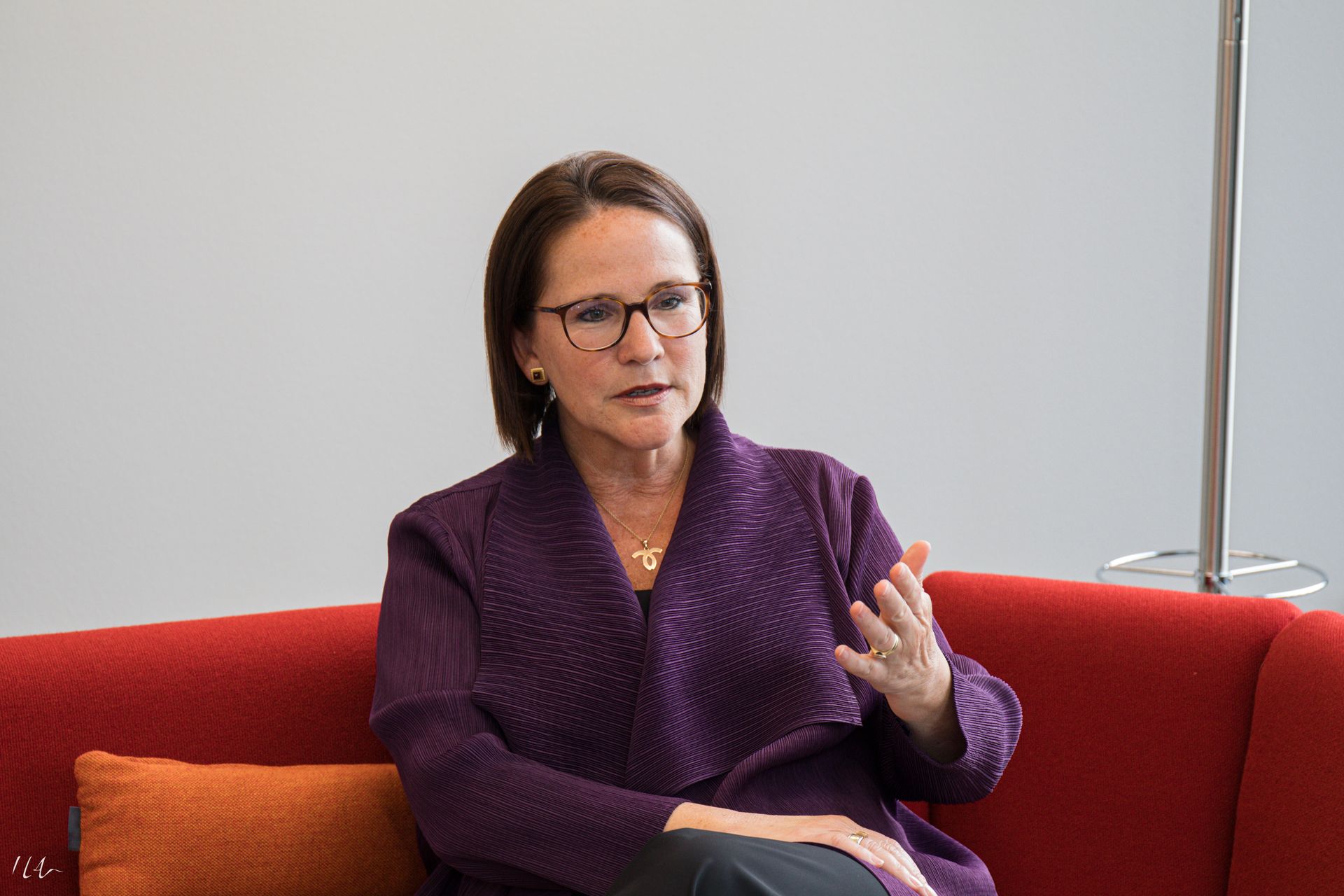On 22 May 2024, the CSSF has published the long-awaited new format of the declaration of honour. As in the past, the CSSF maintains the principle that a declaration of honour has to be completed by applicants to certain positions within CSSF-regulated entities, such as members of the governing bodies. The below will focus on the changes to the declaration of honour from the perspective of an individual [1] applying to a position within a governing body of a regulated entity.
While the concept of the declaration of honour requested by the CSSF from candidates to board positions within regulated entities is not unknown to the market, the revised format presents certain new features that applicants should be aware of:
1) Possibility to sign the declaration electronically
It is now generally accepted by the CSSF that an applicant signs the declaration of honour electronically with a qualified electronic signature in line with the eIDAS Regulation [2]. The declaration can of course still be submitted in original with a wet ink signature.
2) Section 2 – Other Information
a) The applicant will now have to specify for directorships held in other commercial companies, whether such companies are listed or supervised.
b) Professional qualifications/affiliations: the wording has slightly changed from the “Professional qualifications/membership of any professional bodies” used in the previous version of the declaration of honour. Failing any guidance to the contrary by the CSSF, it can be expected that the information to be provided remains unchanged.
c) A new question concerning links of the applicant with politically exposed persons as foreseen in the 4th AML directive, has been introduced. While the meaning of the term “link” in the new declaration of honour may give rise to uncertainties failing guidance from the CSSF, one can assume that the question aims at understanding if the applicant has any family or economic ties with a PEP.
3) Declaration of honour
a) The scope of item b) has been extended to applicants never having been or currently being an “administrator”.
b) A new item c) has been inserted which covers criminal procedures or sanctions to which a company or other legal entity on which the applicant acted or acts as director, manager or administrator or in which the applicant has any other managerial function or any significant influence, may be subject.
c) The new item d) (former item c)) now clarifies that criminal records cover both fines or other criminal sanctions
d) A new item l) requires the applicant to submit extracts of criminal records of each of the countries of residence for the five last years preceding the date of signature of the declaration of honour or to indicate in the declaration for which countries no such record can be delivered. While this requirement was previously not formulated directly in the document, the clarification (following previous practice) to acknowledge the impossibility of obtaining such a record is helpful in an international workforce context.
e) Under the new item m), the applicant declares on its honour that the documents transmitted to the CSSF include complete, sincere and accurate information and are up-to-date at the time of transmission to the CSSF.
f) The new item n) requires that documents submitted to the CSSF are true copies identical to any original documents. The CSSF has clarified that in principle they will accept electronic copies and will not require to receive any original documents or certified copies of any documents.
4) Finally, the new declaration of honour contains several elements of guidance to the applicant, in particular:
a) The applicant will need to inform the CSSF without delay about any changes that may occur to any items reported in the declaration. This would also cover changes to directorships for other commercial companies, so the applicant should ensure to inform the CSSF regularly about any changes in its list of mandates.
b) A declaration of honour that is or becomes incorrect may lead to a non-litigious administrative procedure in matters of personal repute against the applicant.
5) Entry into force:
The new format of the declaration of honour will become applicable for any new application submitted as of 1 July 2024.
Further information can be found
under the following link:
https://www.cssf.lu/en/2024/05/assessment-of-professional-standing-and-experience-update-of-the-declarations-of-honour/?utm_campaign=email-240522-ecb2a
It is a notable evolution towards the electronic transmission of the declaration of honour. Indeed, as indicated under 1) and 3 f) above, appear to open the possibility of transmitting only electronically, as also pointed out on the CSSF website. In this context, the CSSF notes that a copy of the same document will not be required to be uploaded twice within one application procedure.
ILA will keep monitoring any
developments of the CSSF’s practice and will engage with its members on any
upcoming noticeable developments.
[1] There also exists a new format for
the specific declaration of honour for moral persons
[2] Regulation (EU) No 910/2014 of
the European Parliament and of the Council of 23 July 2014 on electronic
identification and trust services for electronic transactions in the internal
market



